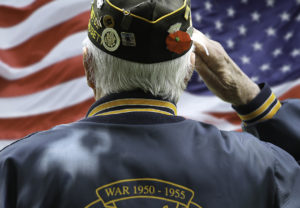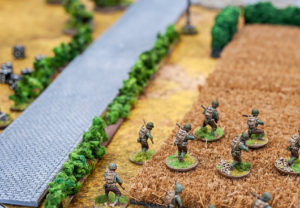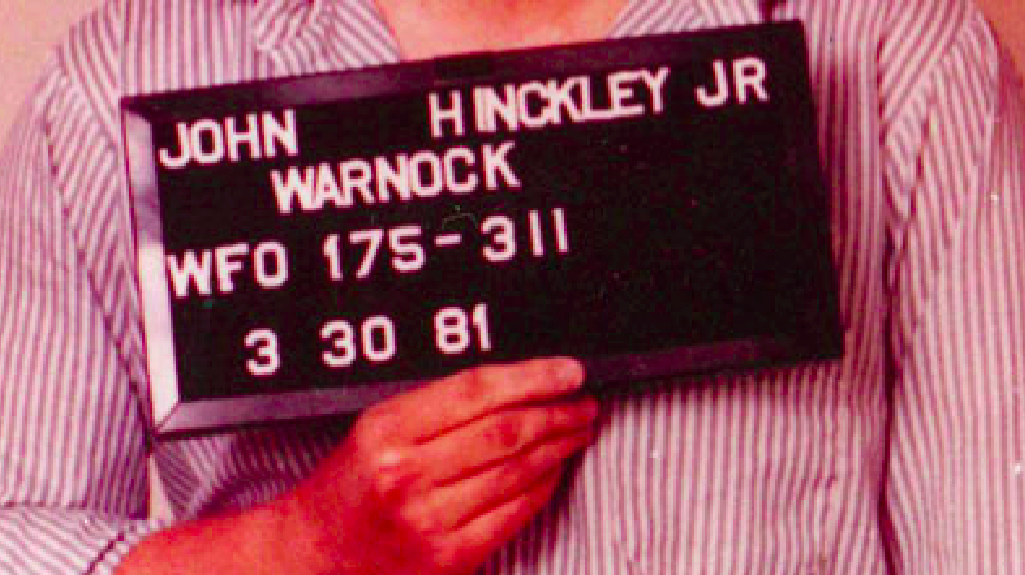John W. Hinckley, Jr., the man who tried to kill the President of the United States of America outside the Washington Hilton on March 30, 1981, will be freed from a mental institution after being held for almost four decades.
According to a federal judge, the man who fired a .22-caliber pistol at President Ronald Reagan, wounding him and three others, then 25 years of age and now 61, no longer poses a threat to society and will now be allowed to live with his mother in Williamsburg, Virginia starting August 5 — so long as he adheres to a number of orders.
If he follows along to the stipulations, he’ll be taken away from the court’s control in a year to 18 months.
The regulations in place? He can’t go outside an area with its epicenter being his home, Williamsburg. His phone and vehicles he’s driving will be monitored, as well as his browsing history on his computer.
No word on whether or not he’ll be allowed to watch the film Taxi Driver, the Martin Scorsese work which Hinckley claims sparked it all. The diseased man disclosed that he pulled the trigger in an attempt to impress one of its actresses — Jody Foster — who he had become obsessed with.
More from the Washington Post:
Since 2003, Hinckley’s longtime attorney, Barry Wm. Levine has argued to lift Hinckley’s confinement citing evaluations by St. Elizabeth’s officials that he no longer posed a threat.
“Mr. Hinckley recognizes that what he did was horrific. But it’s crucial to understand that what he did was not an act of evil. It was an act caused by mental illness,” Levine said. “He is profoundly sorry and he wishes he could take back that day, but he can’t. And he has lived for decades recognizing the pain he caused his victims, their families, and the nation.”
Bill Miller, a spokesman for U.S. Attorney Channing D. Phillips of Washington, said the office was reviewing the judge’s opinion and had no comment.
The Secret Service did not immediately comment.
Dan Bongino, a former Secret Service agent who served on two presidential details, criticized the decision to remove Hinckley from the clinical setting.
“Just because he hasn’t acted up in a clinical environment in decades, doesn’t mean he does not have a proclivity to act out violently when he’s out of that setting,” Bongino said.




































